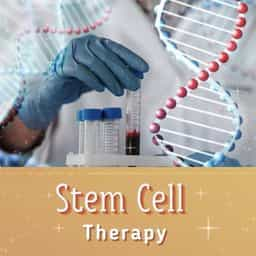Regenerative Medicine Prices in India
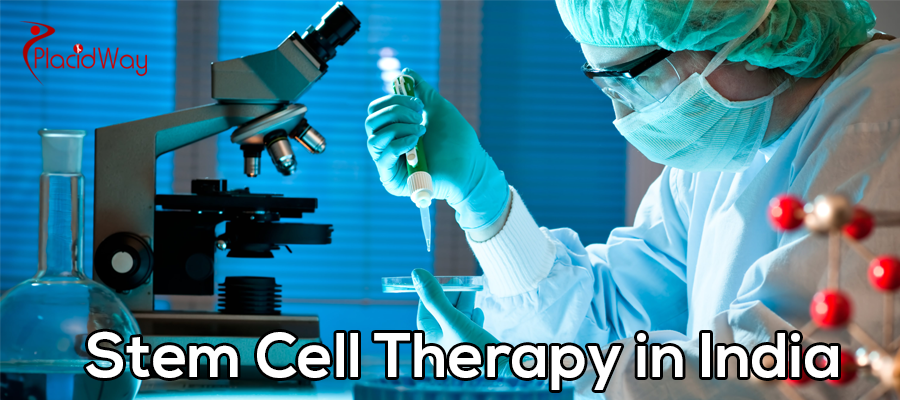
Stem cell transplants offer hope and healing for various medical conditions, and India has emerged as a leading destination for these transformative treatments. With state-of-the-art medical facilities, renowned healthcare professionals, and more affordable treatment options compared to Western countries, India provides a compelling choice for individuals seeking effective and accessible stem cell therapies. In this guide, we'll explore the benefits, safety measures, and cost considerations associated with stem cell transplants in India, empowering you to make informed decisions about your healthcare journey.
Stem Cell Transplant Cost in India
The cost of a stem cell transplant in India ranges from $3,000 to $12,000 USD (approximately 2,25,000 INR to 9,00,000 INR), depending on factors such as the type of transplant, hospital, and patient's needs. In general, stem cell transplants can be quite expensive, and the total cost can range from a few hundred thousand rupees to more than a crore rupees.
Stem Cell Transplant Prices in India
| Treatments | Cost |
|---|---|
| Spinocerebellar Ataxia | $8,500 |
| Cerebral Palsy | $9,000 |
| Parkinson Disease | $11,000 |
| Autism | $9,000 |
| Diabetes Therapy | $8,000 |
| ALS Amyotrophic Lateral Sclerosis | $9,500 |
| Muscular Dystrophy | $9,600 |
| Severe Spinal Cord Injury | $12,000 |
It is important to keep in mind that the cost of a stem cell transplant may not be covered by insurance, so it is important to discuss financial considerations with your healthcare team and explore all available options for paying for the procedure.
What are Stem Cells?
Stem cells are the body’s natural reservoir – replenishing stocks of specialized cells that have been used up or damaged. They can continuously produce copies of themselves as well as other more specialized cell types. This makes stem cells unique, fascinating to scientists, and promising in medicine.
Types of Regnerative Medicine
Regenerative medicine is a field of medicine that focuses on the repair and regeneration of damaged or diseased tissues and organs. There are several different types of regenerative therapies that are being developed and studied, including:
- Stem cell therapies: These therapies involve the use of stem cells, which are special cells that have the ability to develop into many different types of cells in the body. Stem cells can be used to repair or regenerate damaged tissues or organs.
- Tissue engineering: This involves using scaffolds or other supportive structures to help stimulate the growth of new tissues or organs.
- Gene therapy: This involves the use of genetic material (DNA or RNA) to treat or prevent diseases.
- Cell-based therapies: These therapies involve the use of living cells to treat diseases or injuries.
- Immunotherapies: These therapies involve the use of the body's own immune system to fight diseases or injuries.
- Platelet-rich plasma (PRP) therapy: This involves the use of platelets, which are a type of blood cell that helps with clotting, to promote healing and tissue repair.
- Extracellular matrix (ECM) t herapies: These therapies involve the use of ECM, which is a complex mixture of proteins and other molecules that supports the growth and function of cells, to repair or regenerate damaged tissues or organs.
Benefits of Regenerative Medicine in India
- Researchers may be able to discover the sour ce for various genetic disorders, birth defects, infertility, and other problems with pregnancy.
- Stem cell research may lead to cures or better treatment of Alzheimer’s disease, Parkinson’s disease, Diabetes, Schizophrenia, Cancer, and Arthritis.
- Stem cells can progress the development of new and innovative drugs.
- Stem cells provide a substitute or even replacement for organ donors and transplants.
Which Disease Can be Treated with Stem Cell Therapy in India?
Stem cell therapy is being studied as a potential treatment for a wide range of diseases and conditions. Some examples of diseases and conditions that may be treated with stem cell therapy in India include:
-
Blood disorders: Stem cell therapy can be used to treat blood disorders such as anemia, leukemia, and lymphoma.
-
Immune system disorders: Stem cell therapy may be used to treat immune system disorders such as autoimmune diseases and immune deficiency disorders.
-
Genetic disorders: Stem cell therapy may be used to treat genetic disorders such as sickle cell anemia and thalassemia.
-
Heart disease: Stem cell therapy is being studied as a potential treatment for heart disease, including heart attacks and heart failure.
-
Neurological disorders: Stem cell therapy is being studied as a potential treatment for neurological disorders such as Parkinson's disease, Alzheimer's disease, and spinal cord injuries.
-
Diabetes: Stem cell therapy may be used to treat diabetes and other endocrine disorders.
-
Musculoskeletal disorders: Stem cell therapy may be used to treat musculoskeletal disorders such as osteoarthritis, tendinitis, and ligament injuries.
-
Eye disorders: Stem cell therapy is being studied as a potential treatment for eye disorders such as age-related macular degeneration and retinal detachment.
It is important to note that stem cell therapy is still being studied and that not all of these conditions have been proven to be effectively treated with stem cell therapy. It is always important to discuss all treatment options with a healthcare professional.
FAQs about Regenerative Medicine in India
What is regenerative medicine?
Regenerative medicine is a field of medicine that focuses on the repair and regeneration of damaged or diseased tissues and organs. It involves the use of stem cells, tissue engineering, gene therapy, cell-based therapies, immunotherapies, platelet-rich plasma (PRP) therapy, and extracellular matrix (ECM) therapies to repair or regenerate damaged tissues or organs.
How is regenerative medicine used in India?
Regenerative medicine is being studied and used to treat a wide range of diseases and conditions in India. Some examples of conditions that may be treated with regenerative medicine in India include blood disorders, immune system disorders, genetic disorders, heart disease, neurological disorders, diabetes, musculoskeletal disorders, and eye disorders.
Is regenerative medicine safe?
The safety of regenerative medicine treatments depends on the specific treatment being used and the patient's individual circumstances. In general, regenerative medicine treatments are still being studied and more research is needed to fully understand their safety and effectiveness. It is always important to discuss all treatment options with a healthcare professional.
Is regenerative medicine covered by insurance in India?
The coverage of regenerative medicine treatments by insurance companies in India can vary widely. It is important to check with your insurance provider to determine whether a particular treatment is covered.
In conclusion, regenerative medicine is a field of medicine that focuses on the repair and regeneration of damaged or diseased tissues and organs. It involves the use of various therapies, such as stem cell therapy, tissue engineering, and gene therapy, to repair or regenerate damaged tissues or organs.
Regenerative medicine is being studied and used to treat a wide range of diseases and conditions in India, including blood disorders, immune system disorders, genetic disorders, heart disease, neurological disorders, diabetes, musculoskeletal disorders, and eye disorders. However, the safety and effectiveness of these treatments are still being studied, and the cost of regenerative medicine treatments in India can be quite high. It is important to discuss all treatment options with a healthcare professional and to consider financial considerations when deciding on a treatment plan.
Contact PlacidWay for more details





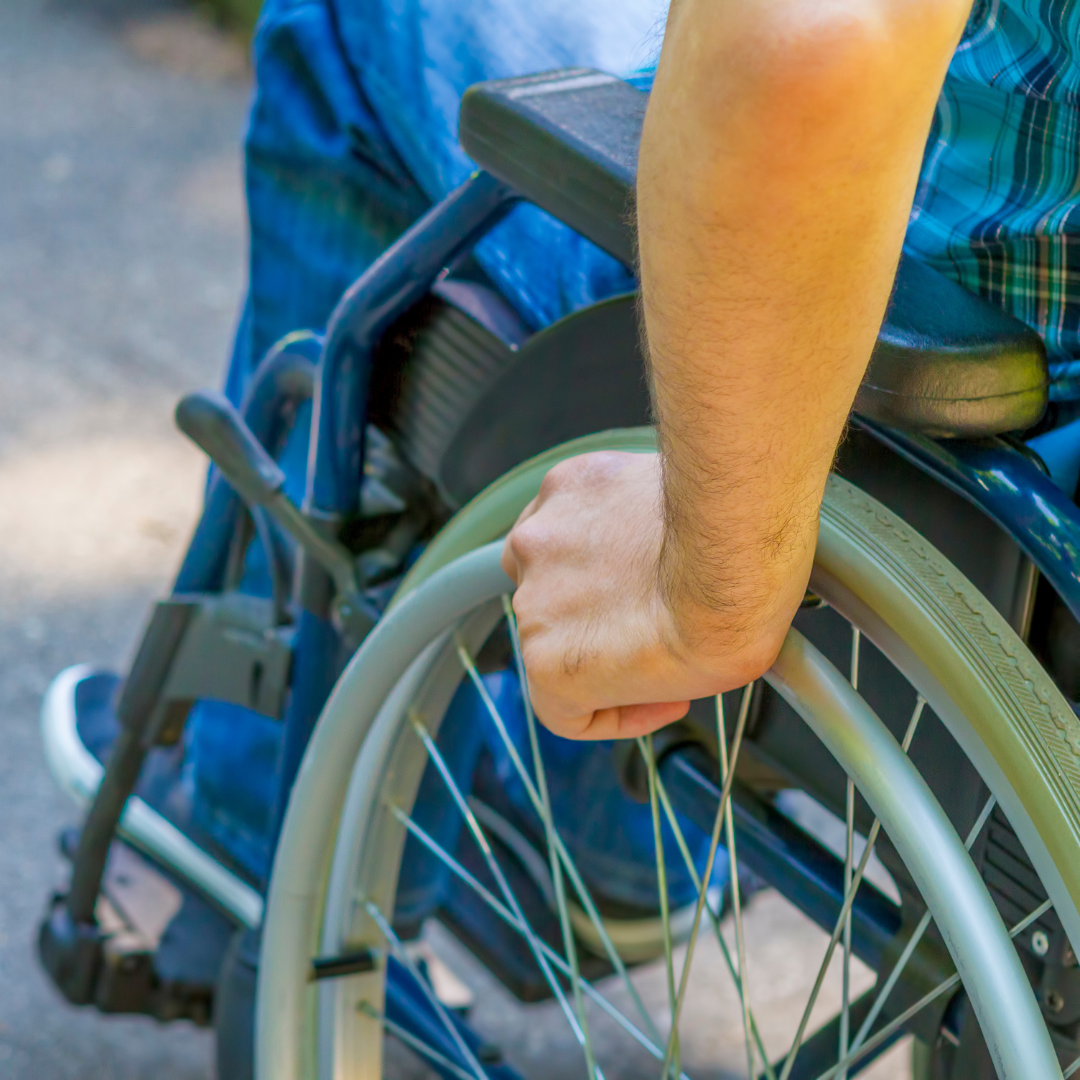


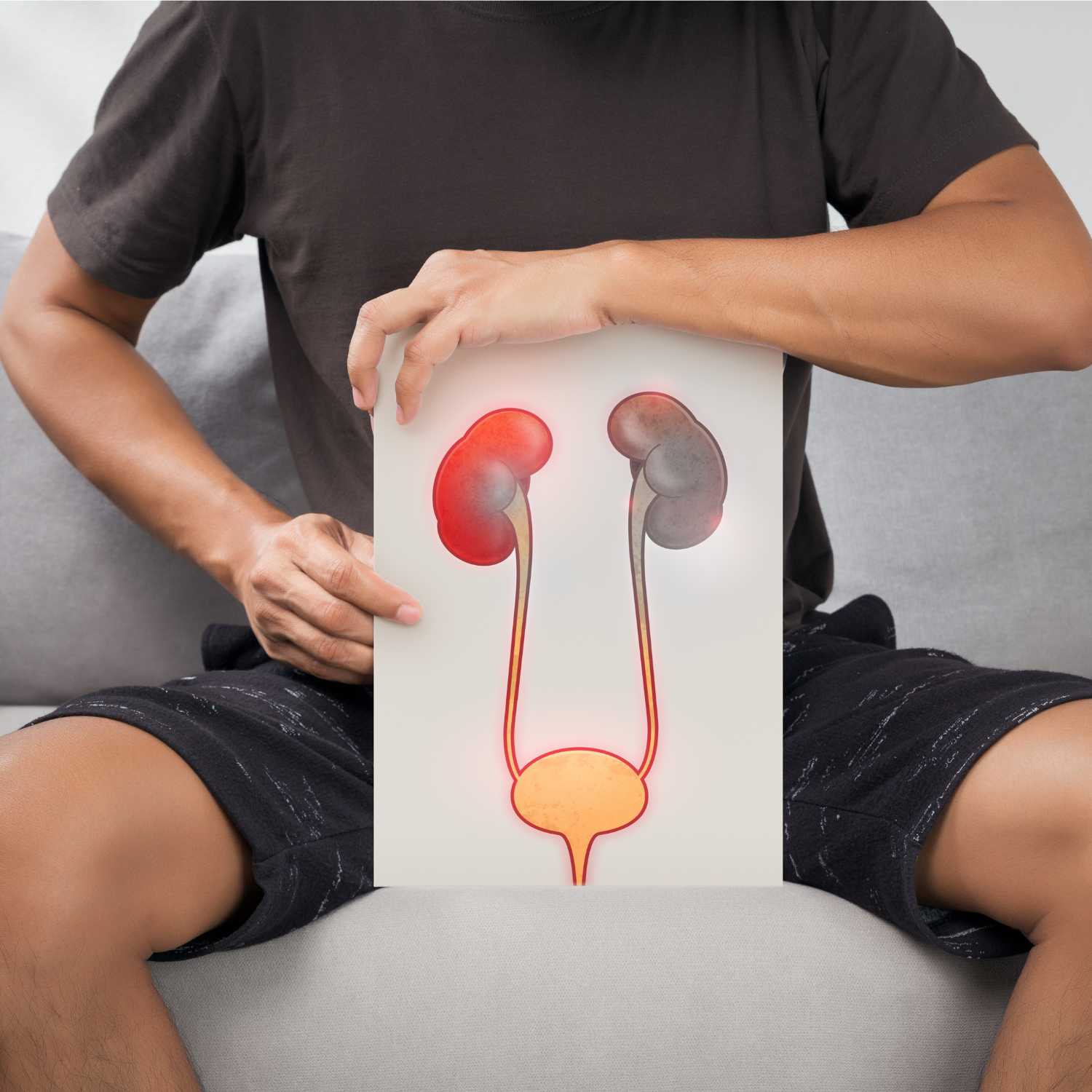
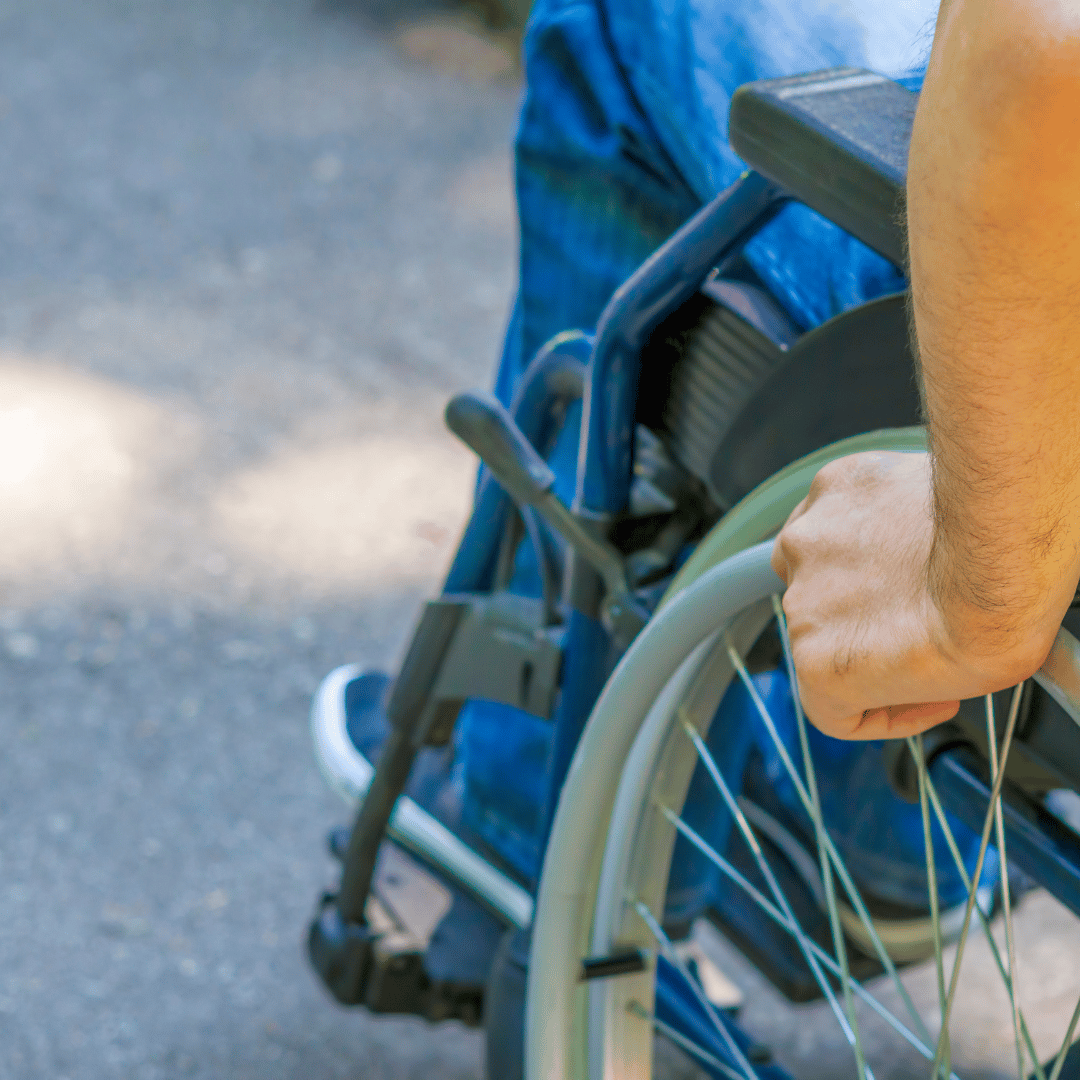
.png)
.png)



